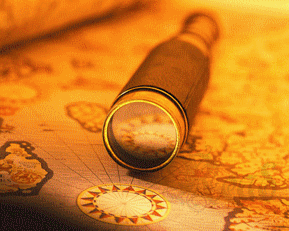
| Age of Exploration: | Home | Motives and Factors | Countries Involved | European Explorers | Reference |
|---|
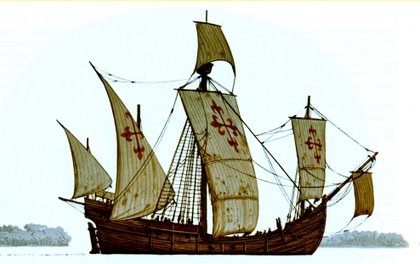
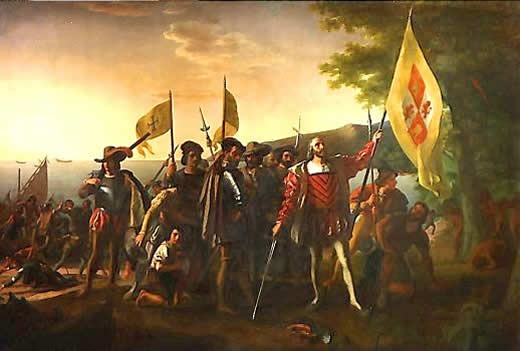
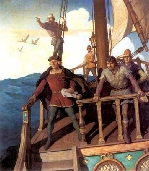 Portugal and Spain
Portugal and Spain
Two Iberian states led Europe to the Age
of Exploration.
As Portugal and Spain financed voyages
across the sea, clashes of interest became inevitable. Since both countries championed Christianity, their dispute was referred to the Pope for arbitrartion. Cont...
The Spaniards and the Portuguese had established control over the southern regions of the Americas so that other European countries tried to find a route to the East by going around or through the continent of North America. This route was called the Northest Passage.
The Portuguese:In the early part of the 16h century, Portugal had already established bases in the Hormuz located at the end of the Persian Gulf; in Goa and Malacca. Through those bases, the Portuguese were able to control the maritime trade in that region. The factors that motivated Portugal to become a pioneer of the early maritime explorations are: Since Portugal is located at the Southern seashore of the Iberian Peninsula, which is why it was able to develop its maritime traditions well. And also the support given by King Henry placed Portugal ahead over other European countries.
The Spanish:When Christopher Columbus, a Portuguese discovered a new land which is America, Pope Alexander immediately looked for a way to prevent any conflict of interest between Portugal and Spain. The Treaty of Tordesillas in 1494 was created. The world was divided between Spain and Portugal. The division was based on the demarcation line of 370 leagues west of the Azores. Spain will have authority over the territories it would conquer in the western part of the world, while the eastern part belonged to the Portugal.
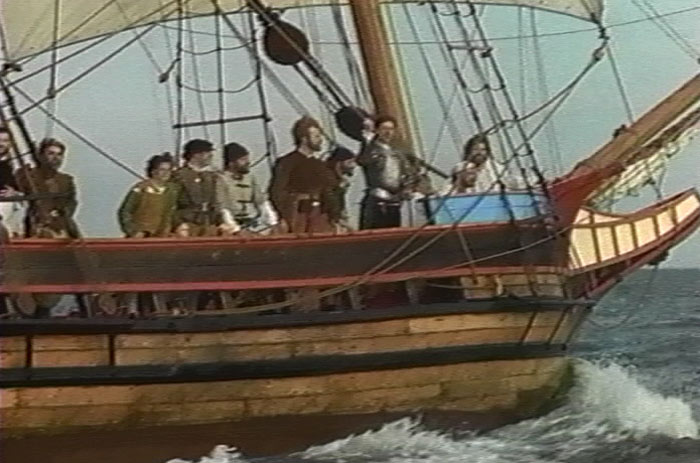 The Dutch:
The Dutch:
On the onset of the 17th century, the Dutch replaced the Portuguese as the leading power in the colonization of Asia. They took Moluccas from Portugal and established a new system which they called the plantation system wherein the fields were planted with particular crops that were popular in the market. The consequence of this was forced labor. Dutch established new colonies that were led by Henry Hudson, an English explorer.
The English:East India Company (EIC) granted the right to pursue its trading interests. The first English colony was established only in Roanoke Island located at the northern shores of America. The English was able to establish colonies in the Caribbean and North America, which would later become the foundation of the British Empire.

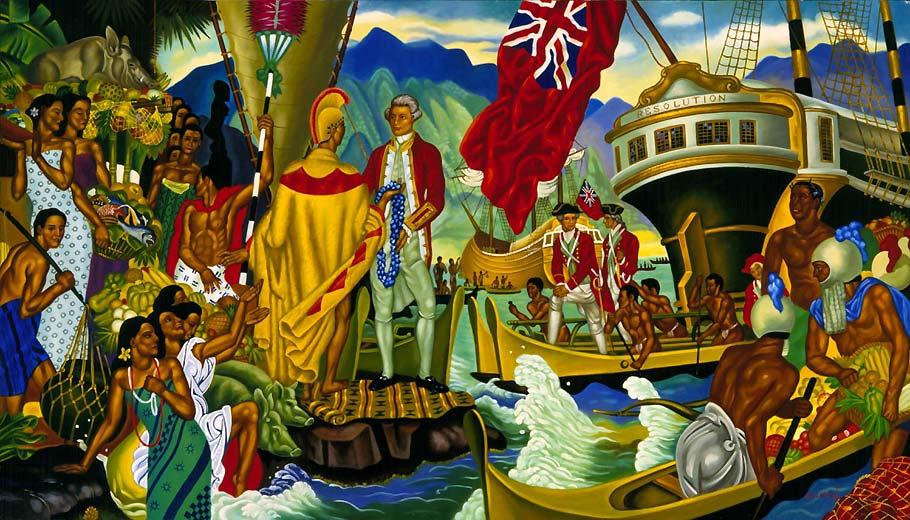 The French:
The French:
France conquered the place now known as the eastern part of Canada. Samuel de Champlain established Quebec as the first permanent French colony and as center of animal fur trade. All the lands that they found were dedicated to King Louis XIV of France and the king named it Louisiana. These developments became the cause of the competition between France and England.
